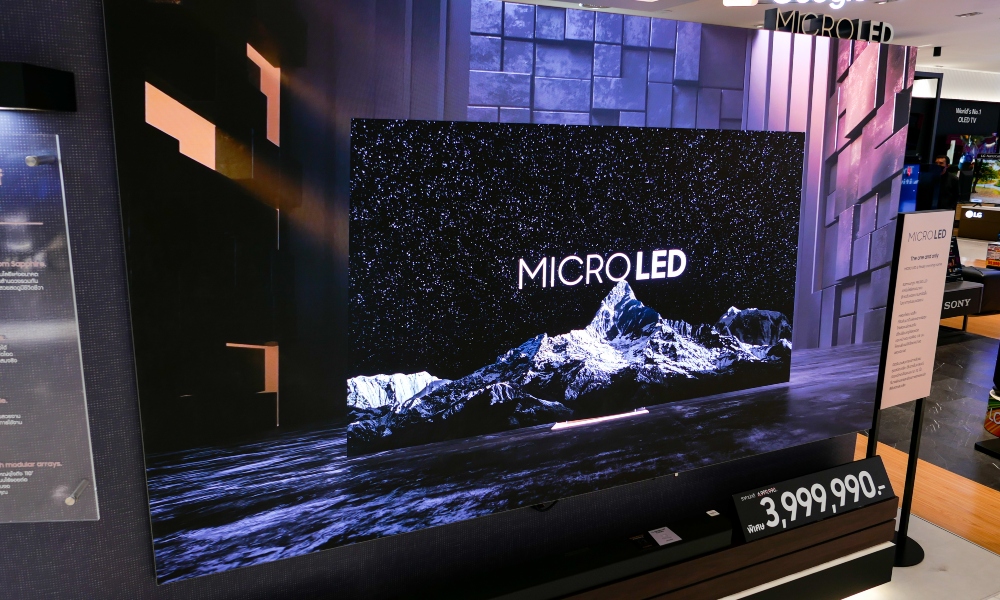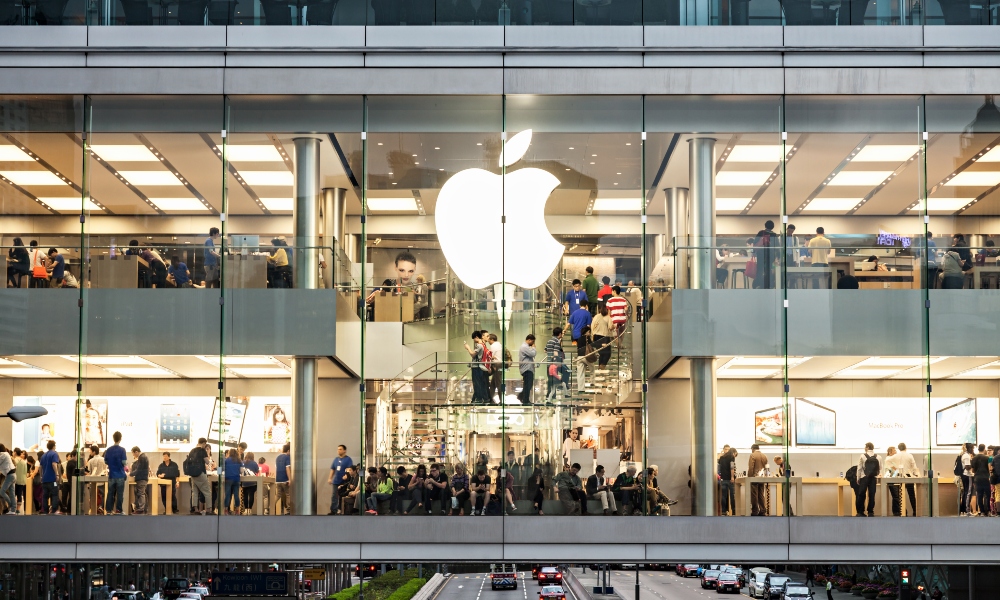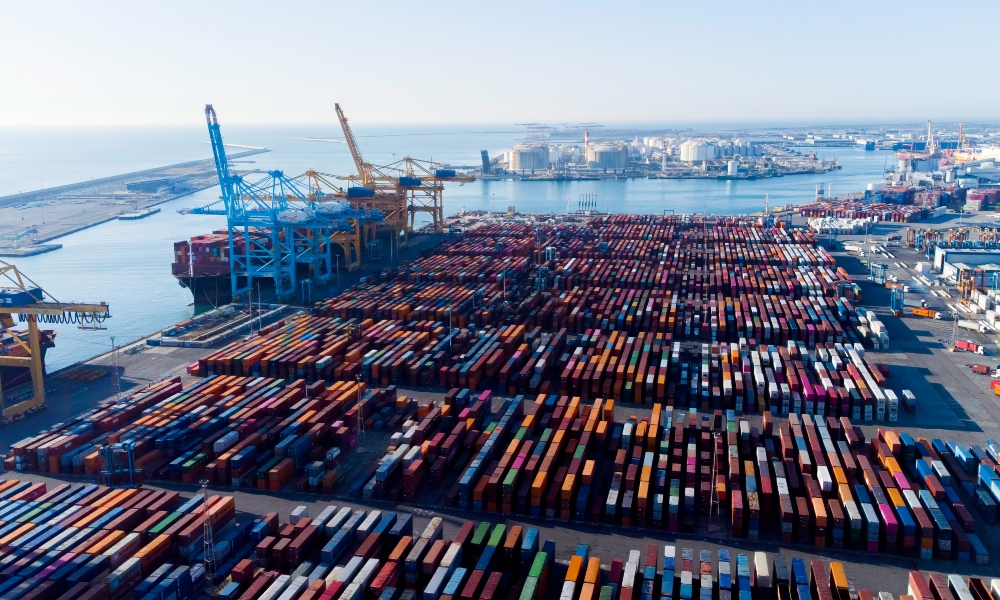In our inaugural edition of the Weekly Rewind, we look at how the electronics industry is starting to digest Trump’s tariffs, what a microLED expert is saying about the future of the technology in displays, where Apple’s smart home hub is, and much, much more.
microLED Expert Reza Chaji Says Clock is Ticking on OLED, LCD

TechRadar had the opportunity to sit down with Dr. Reza Chaji, Co-Founder and CEO of VueReal industries, a company specializing in microLED and semiconductor manufacturing. Through developments in microLED printing, Chaji believes that more affordable microLED TVs and displays are right around the corner, which he says will sound the death knell for OLED and LCD tech. MicroLED displays have seen an uptick among luxury clientele over the years, but without a concrete timeframe, it seems there’s still a ways to go before its as ubiquitous as OLED.
Apple Smart Home Hub Delayed

Much buzz has been made about Apple’s smart home aspirations, but it seems like that’s how it’s going to remain for quite some time now. According to 9to5mac, the launch of Apple’s smart home hub has been delayed until 2026 due to some engineering challenges. We can’t imagine the tariffs are helping much in that department either. There’s even been reports that Apple has been having a rough go with developing new Siri features, pushing back a spring release date to sometime “in the coming year.”
Ultrarich Unplugging from Smart Homes?

The ultra wealthy are beginning to distance themselves from smart homes as The Hollywood Reporter sees it. Celebrities like Sofía Vergara, once one of the smart home industry’s most vocal advocates are beginning to pull back over concerns of complexity. Designers and architects weighing in on the situation are seeing similar trends, saying that many of their clients are seeking on low-tech and no-tech homes. Integrators, however, were largely absent from the discussions there, and that was enough to make CE Pro editor Zachary Comeau take notice and pen his own response to many of the complaints that were being cited as reasons for the smart home’s decline. Do issues of complexity still remain, or does the smart home industry just need to work better on its PR?
Liberation Day Tariffs Expected to Impact Electronics Industry

Trump’s tariff policies are spelling plenty of uncertainty in the electronics industry. “There’s not any major electronics-producing nation that’s not substantially affected by tariffs,” says Jason Miller, a professor of supply chain management at Michigan State University, in speaking with Wired. These countries include Vietnam, Taiwan, Japan, and India. Though Miller believes many of the tariffs will be negotiated, he was firm in believing that the 125% tariffs on China will likely stay. Either way, any tariffs are going to impact the supply chain of and goods and services tied to affected countries, with the integration industry likely to see the results once everything is finalized in July.
CEDIA Fights for Exemptions on Capitol Hill

In that same vein, CEDIA took to Capitol Hill once again to fight for specific exemptions in the tariffs in support of the custom integration industry. Specifically, CEDIA argus that any trade policy actions should include an exclusion process to “support the overall strength of the U.S. economy, create an environment that maintains U.S. jobs in the technical trades, and sustains low prices for products and services. Additionally, the members fought for the preservation of the CHIPS and Science Act, which included bringing semiconductor supply chains back into the U.S.






